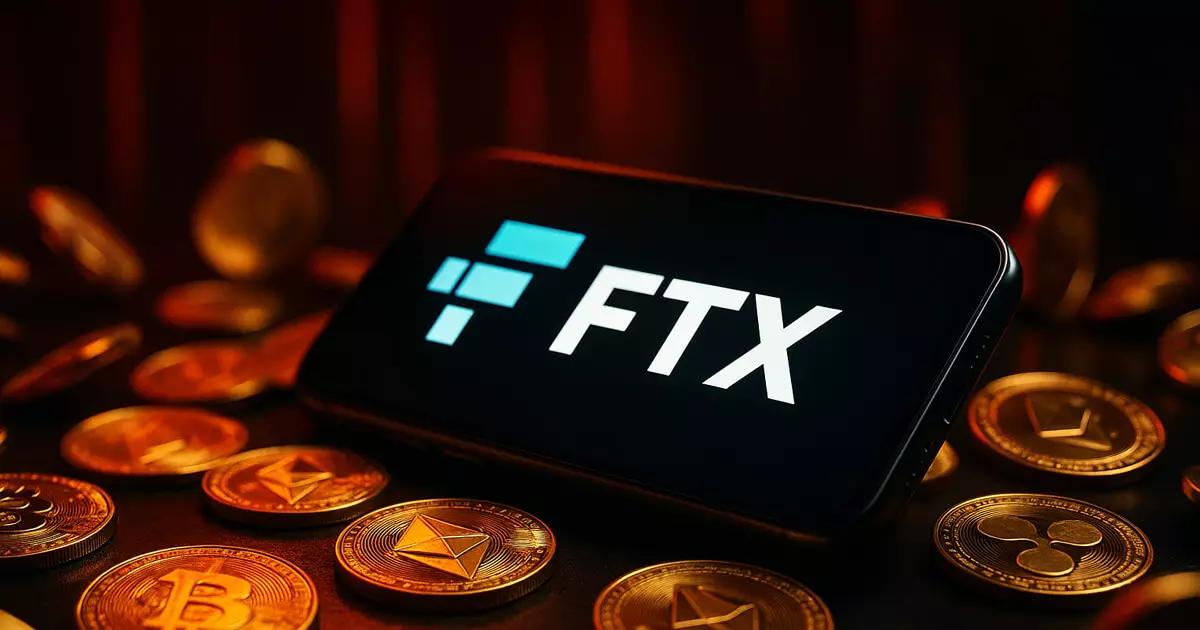In the complex world of cryptocurrency, few stories are as tragic and fraught with disappointment as the repayment process for creditors of the now-defunct FTX exchange. The recent announcement by BitGo, initiating the second phase of FTX’s repayment program, may seem like a beacon of hope on the surface, but it illustrates just how long and drawn-out recovery efforts have become for ex-users. Creditors who once envisioned a speedy restoration of their hard-earned funds are being met with roadblocks at every turn. With user accounts credited but funds locked for additional days, the lack of urgency in resolving this fiasco is nothing short of appalling.
A Disheartening Compensation Strategy
What makes this recovery even more frustrating is the method of repayment, which appears to be tethered to outdated crypto valuations from late 2022. For many creditors, this approach of pegging reimbursements to past prices rather than today’s market rates feels like rubbing salt in a wound. Bitcoin has seen monumental gains, buoying the hopes of many who were part of the FTX ecosystem. Receiving repayment based on low valuation figures is not just unfair; it’s a gross miscalculation by those managing this recovery effort. It raises questions about the integrity of the entire bankruptcy plan, leaving creditors feeling like they are scavenging for breadcrumbs instead of reclaiming their rightful assets.
The Fiat Fiasco
Adding insult to injury, it appears most repayments are being distributed in fiat currency. This decision not only underscores the ineptitude of the repayment plan but also exposes creditors to potential losses as they receive money that has depreciated in value compared to the crypto assets lost. The contrast between these fiat payouts and the cryptocurrency boom has many scratching their heads, wondering what the point of holding crypto assets is if the chance to recover them is swathed in numerous caveats and devaluations. Moreover, when the industry’s gold standard is so clearly defined, adopting a fiat recovery plan feels like a retrograde step.
Security Risks During Uncertain Times
As if navigating the repayment labyrinth wasn’t challenging enough, creditors now face additional threats in the form of phishing scams. The rise in fraudulent emails targeting FTX creditors highlights a disturbing reality: when times are tough, scammers come out to prey on the vulnerable. The alerts issued by concerned creditors, such as Sunil Kavuri, further demonstrate the insecurity permeating the crypto landscape during this volatile period. The advice to manually type in URLs rather than clicking embedded links seems basic, yet its necessity speaks volumes about the state of trust within the industry.
A Call for Better Management and Transparency
The FTX debacle was a massive blow to the cryptocurrency world, and the handling of its aftermath has been equally disheartening. It is critical for the authorities involved to realize the gravity of their responsibility. A clear, fair, and timely repayment process is not just essential—it’s a litmus test for how the community values its participants. The eventual outcome of these reimbursements will play a crucial role in restoring trust within the crypto-spirit, and sadly, the current trajectory shows little indication of a positive turnaround. The pathway forward must be paved with accountability and a commitment to fair practices, or we risk losing an entire generation of cryptocurrency enthusiasts disillusioned by these experiences.

